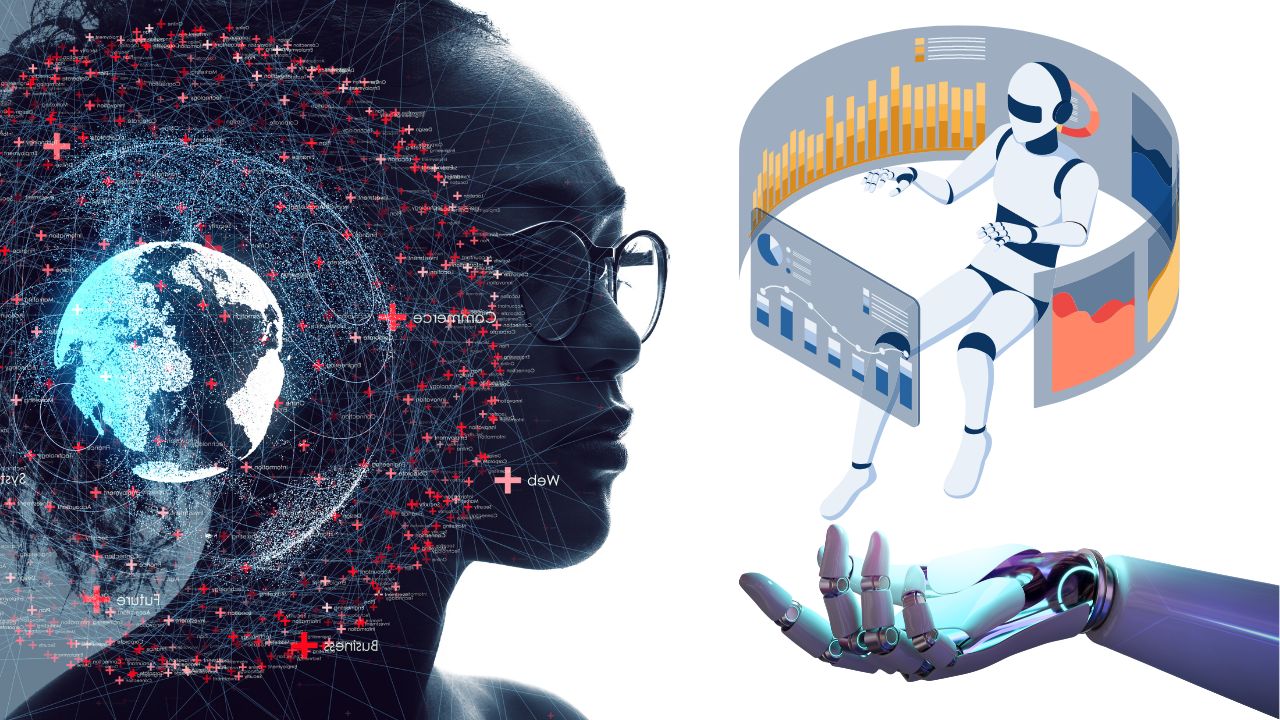Introduction
The boom of generative AI has presented people with a plethora of new opportunities and roles. Notably, the number of generative AI roles has almost tripled in the last year, leading to the emergence of a new profession – AI engineers. In this article, we will explore the evolution of prompt engineers into AI engineers, the challenges and responsibilities they face, and how they contribute to the shift towards Software 3.0 in generative AI.
From Prompt Engineers to AI Engineers
Initially, the developers involved in generative AI were commonly referred to as prompt engineers. However, a trending blog argues that the term “AI engineers” is more fitting for this role, as it requires a more comprehensive skill set beyond just prompting. Prompt engineering has evolved into a full-time job, demanding expertise in the field of AI.
Two Contrasting Viewpoints
As AI language models (LLMs) become more advanced, some argue that certain tasks carried out by AI engineers may become unnecessary. The hallucinations experienced while using LLMs are considered temporary, but the need for expertise in the field will persist, leading to the rise of AI engineers. Sub-disciplines within AI engineering, such as full stack prompt engineers, would emerge, similar to roles like devops engineer, analytics engineer, and data engineer.
The Journey of AI Engineers
The journey of AI engineers is different from traditional machine learning (ML) roles. Previously, ML involved finding data, building models, and then launching the product. Now, AI engineers start by acquiring an API like ChatGPT and then proceed to build products such as Jasper or other GPT-based tools. They later engage in fine-tuning with data and scaling the model, requiring more technical knowledge than mere prompt engineering.
Shifting Roles and Skill Sets
With the availability of APIs for building tools, AI engineers have the option to shift towards application-based roles or delve back into foundational research. This shift has given rise to the concept of LLMops, focusing on the management and observability of LLM app stacks. AI engineers are expected to expand their knowledge beyond prompt engineering, acquiring a deeper understanding of every step involved in an LLM app stack.
Challenges and Opportunities
AI engineers face the challenge of balancing a more straightforward entry into the field with the demand for exceptional expertise once they are in. Companies often value the ability to use and ship products or tools over the knowledge of building them. The need for a systematic workflow for experimentation and observability in prompt creation and system development is paramount. Additionally, addressing challenges like hallucination and reasoning gaps is essential to enhance the reliability of LLMs.
Software 3.0: The Future of AI Development
The transition from classical coding (Software 1.0) to machine learning and neural networks (Software 2.0) marked a significant shift in software development. The advent of prompt-based developers has sparked discussions about the possibility of Software 3.0. However, we are still in the second level of abstraction, where we prompt on human-designed code using the English language – a Software 2.0 artifact according to Andrej Karpathy.
Conclusion
The rise of AI engineers in the domain of generative AI signifies a pivotal shift in the development landscape. Prompt engineers have evolved into experts with a deep understanding of AI and LLMs. The challenges they face pave the way for the next phase of software development – Software 3.0. With the continuous growth and advancements in generative AI, AI engineers are at the forefront of shaping the future of this field.
- Transforming Data Centers: The Top 10 Ways AI and ML Are Revolutionizing the Data Centers
- The Rise of Generative AI in Gaming: Revolutionizing Game Development
- AI: The Key to Efficiency and Productivity in the Digital Age-2024
- Samsung Integrates care.ai’s Smart Care Facility Platform for AI-Powered Patient Monitoring
- 6 Best AI Chart Generators: Creating Stunning Chart and Graphs Made Easy
- 3 Best AI Pets with Emotional capabilities
- Mercedez-Benz Gets a ChatGPT In-Car Voice Control Upgrade
- Designs.ai: Best Invitation Design AI-Where Imagination Meets Elegance
FAQs
What is the role of AI engineers in generative AI?
AI engineers play a crucial role in generative AI by leveraging language models and developing tools and products. They go beyond simple prompting and possess a comprehensive skill set to address the complexities of AI development.
How does prompt engineering differ from AI engineering?
Prompt engineering is a part of AI engineering, but the latter encompasses a broader range of responsibilities. AI engineers delve into system development, fine-tuning models, and scaling, requiring a higher level of technical expertise.
What is the role of AI engineers in generative AI?
AI engineers play a crucial role in generative AI by leveraging language models and developing tools and products. They go beyond simple prompting and possess a comprehensive skill set to address the complexities of AI development.
How does Software 3.0 differ from previous software development paradigms?
Software 3.0 represents the next level of abstraction in software development. It goes beyond traditional coding (Software 1.0) and machine learning (Software 2.0) to prompt-based development, where human-designed code is expressed in natural language.
What is the future of AI development?
The future of AI development lies in the hands of AI engineers who continue to push the boundaries of generative AI. As the field evolves, AI engineers will explore new applications, conduct foundational research, and shape the transition to Software 3.0.
